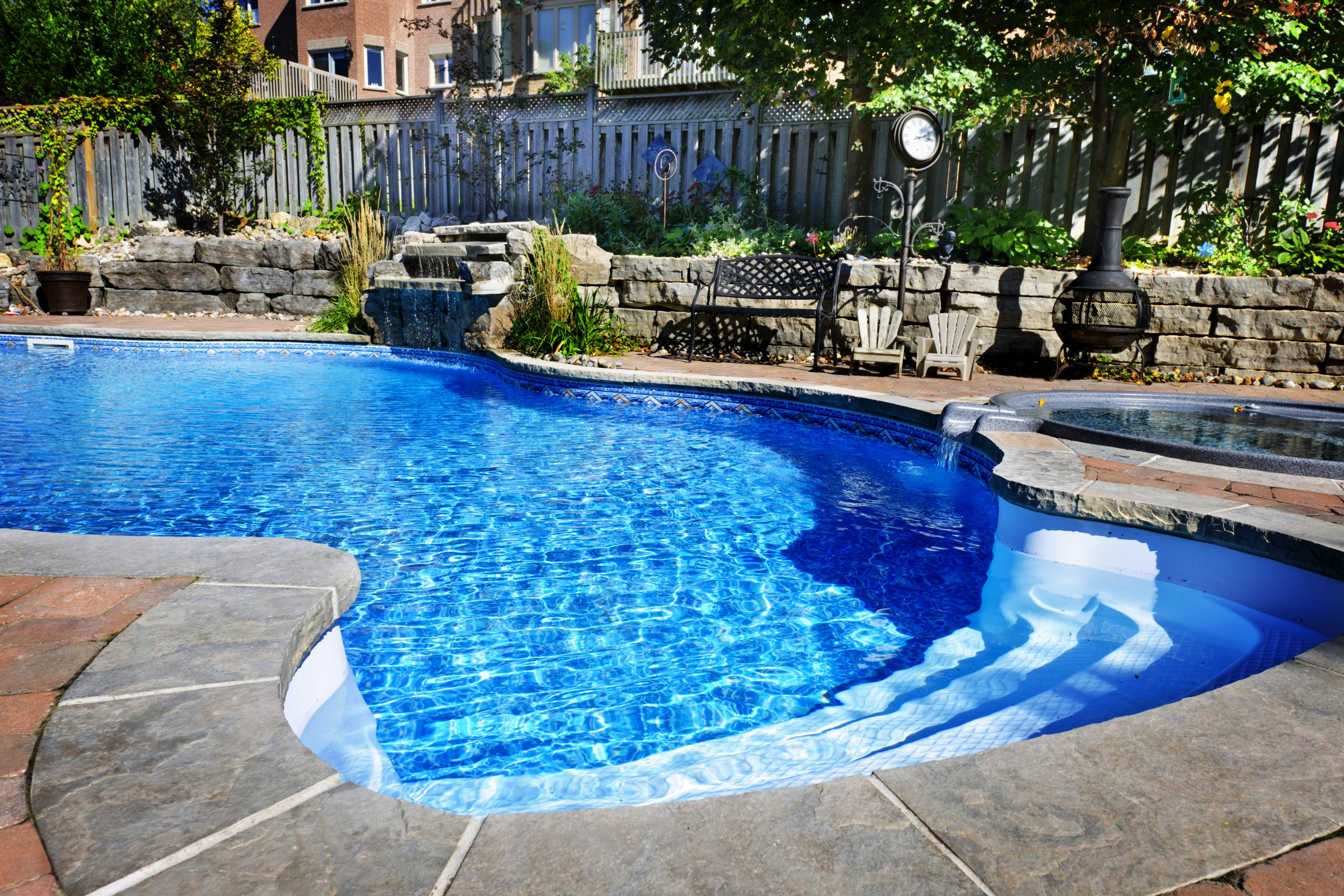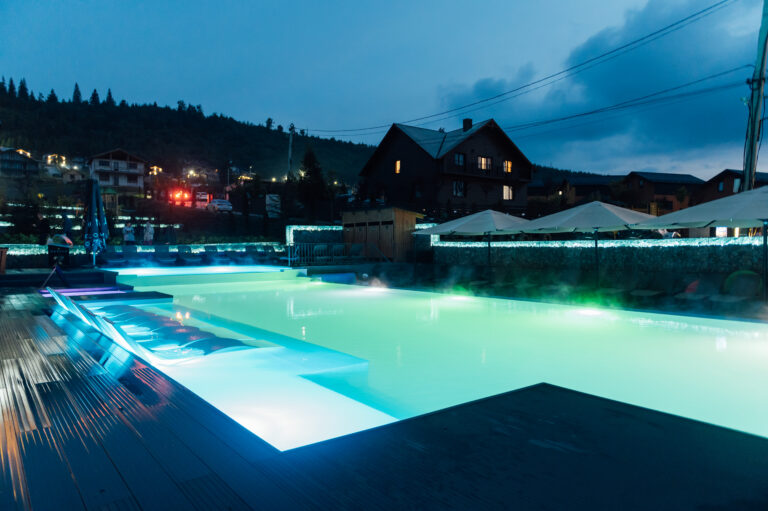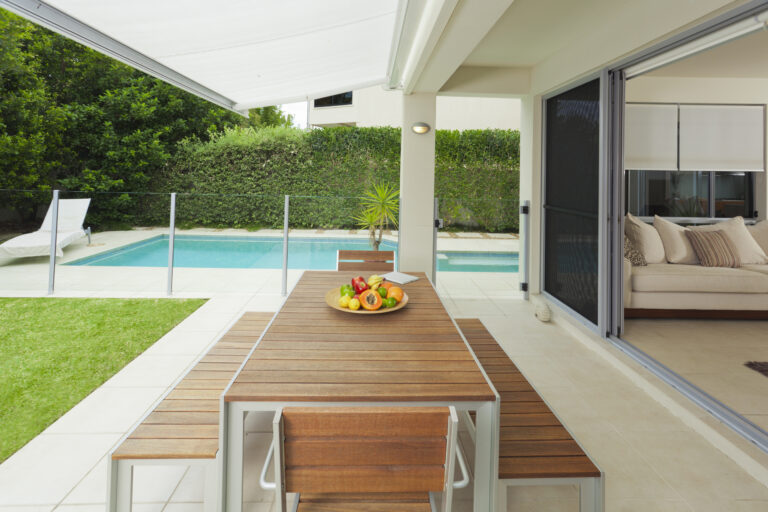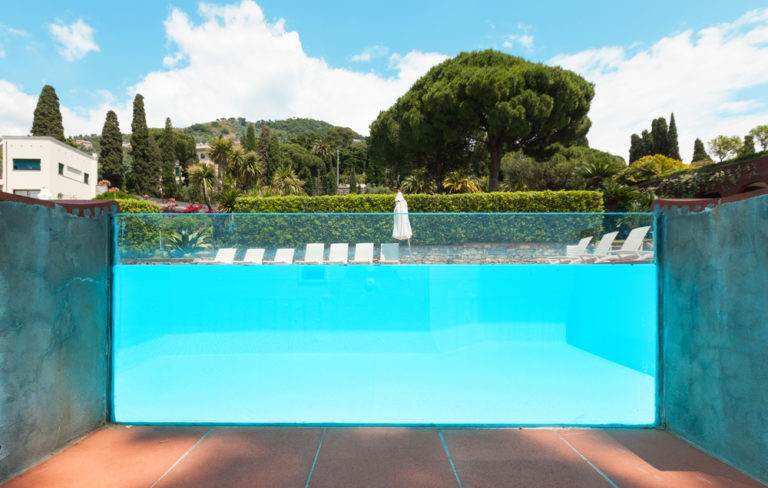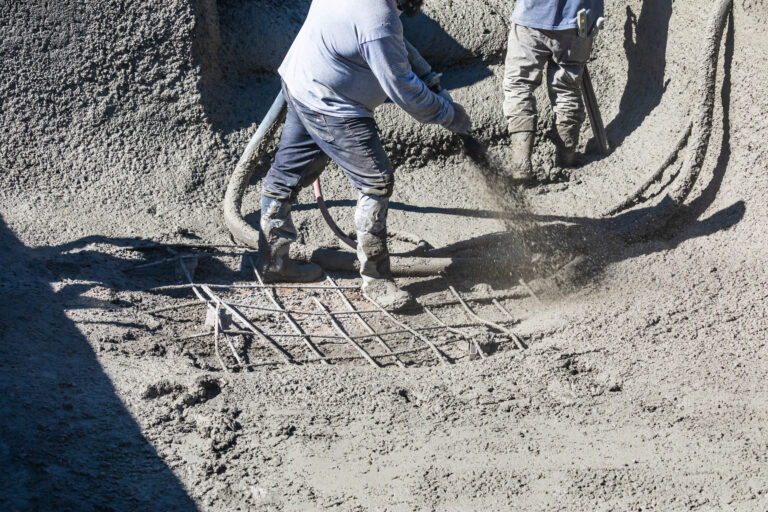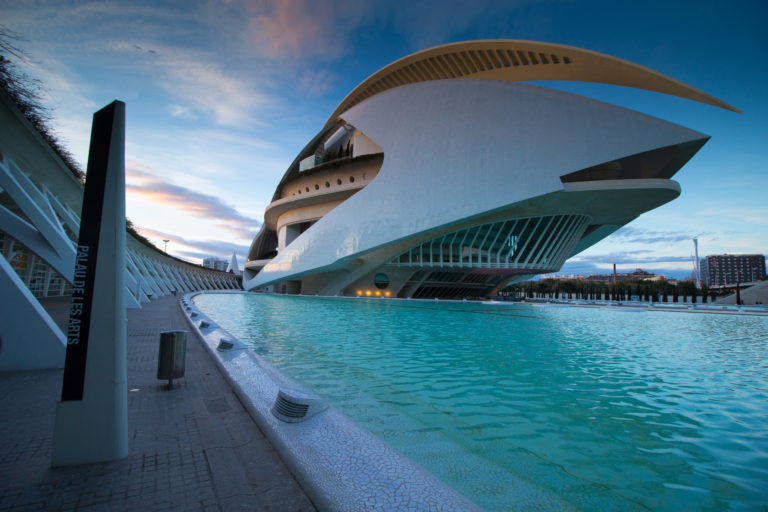The Science Behind Building the Perfect Pool
You’re dreaming of a perfect pool, aren’t you? It’s not just about digging a hole and filling it with water. There’s science involved, too!
Dive into the physics of water circulation, the chemistry that keeps your pool sparkling clean, and how environmental science impacts construction.
Let’s explore these fascinating aspects together and see what future innovations might make your dream pool come true.
Understanding the Basic Principles of Pool Design
We’ve gotta understand the basic principles of pool design to build the perfect pool. It’s not just about digging a hole and filling it with water; there’s more to it than that.
The first thing you should consider is Design Aesthetics. Do you want a pool that screams luxury, or one that blends seamlessly with your backyard? Your choice will determine the shape, size, and materials used.
Next up, don’t overlook Safety Measures. You can’t enjoy your beautiful pool if it’s a hazard! Ensure you have proper fencing to keep young ones from wandering in unsupervised. Non-slip surfaces are also vital around the pool area to prevent falls.
Also, think about lighting for night swims and depth transitions for different swimmers’ abilities. And don’t forget about safety equipment like lifesaving floats or rings!
So remember: when building your dream pool, consider its overall look – Design Aesthetics matter! But don’t compromise on Safety Measures either. When these two aspects combine perfectly, you’re one step closer to having the ideal swimming paradise right in your backyard!
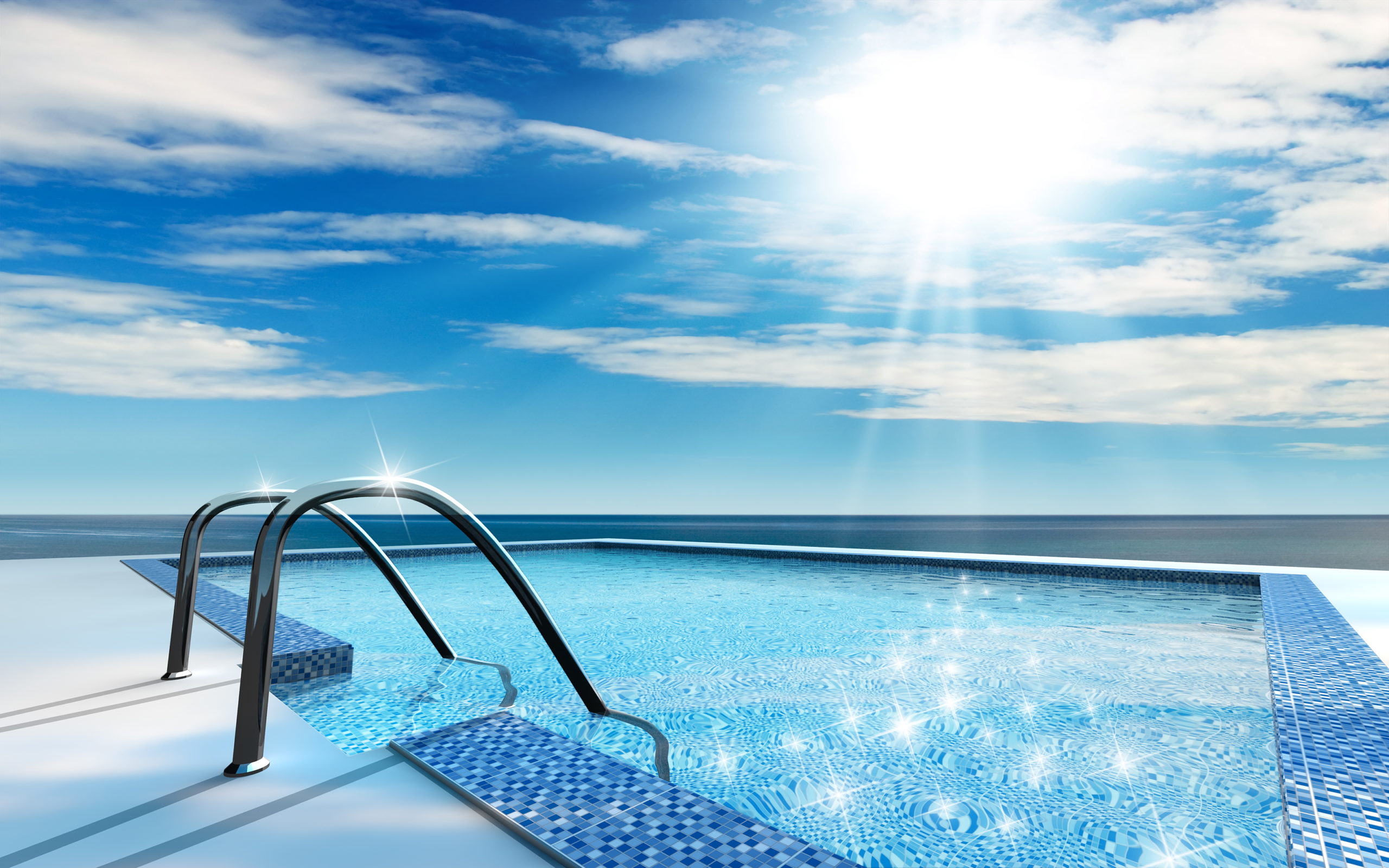
The Role of Physics in Maintaining Pool Water Circulation
You’ll find that understanding the role of physics in maintaining water circulation is essential for keeping your swimming area clean and efficient. Fluid Dynamics, as one of the branches of physics, contributes significantly to achieving this efficiency. The Hydrodynamic Principles are also applied to ensure proper water flow and filtration.
Here’s a simplified table showing how these principles apply:
| Fluid Dynamics | Hydrodynamic Principles | |
| Application | Controls flow | Ensures smoothness |
| Purpose | Filters impurities | Reduces energy |
| Benefit | Keeps water clean | Enhances efficiency |
Fluid dynamics controls how water flows around your pool. It’s not just about moving the water; it’s about directing it effectively to filter out impurities.
The hydrodynamic principles, on the other hand, ensure that this circulation happens smoothly with minimum energy use. This makes your pool more efficient in terms of energy consumption.
So you see, knowing a bit about physics isn’t just for scientists-it helps you understand what goes into creating your perfect swimming environment too! You can now appreciate why it’s necessary to consider these principles when building or maintaining a pool.
Chemistry Involved in Pool Water Treatment

Shifting gears, let’s delve into the chemistry involved in pool water treatment, an equally critical aspect of maintaining your swimming area.
You’ve probably heard about chlorine as a popular choice for keeping your pool clean. However, you may not know about the existence of chlorine alternatives that can be equally effective and potentially more beneficial for your skin and eyes.
One such alternative is bromine. It’s softer on your skin and less irritating to the eyes compared to chlorine. Another option is using mineral systems like copper or silver ions which have antimicrobial properties.
Now, onto algae prevention – an absolute necessity if you want clear and healthy water. Algaecides are handy here; they’re chemicals that prevent algae from growing in your pool. Regularly testing pH levels also aids in stopping algae growth since these organisms thrive in unbalanced water conditions.
Remember this: while understanding the physics behind pool maintenance is crucial, mastering the chemistry gives you better control over its cleanliness and healthiness. So don’t shy away from exploring various options for treating your pool’s water – it’s all part of building a perfect swimming experience!
The Impact of Environmental Science on Pool Construction
On top of chemistry, it’s also vital to consider the impact of environmental factors when constructing your swimming area. You’d need to take into account climate adaptation strategies and sustainable materials usage.
Here’s how you can do that: first, look at the local weather patterns in your region. If you’re in a warmer climate, for instance, consider building a pool that is shaded or has cooling elements installed. In colder climates, perhaps think about heated pools or covers to retain heat.
Next up is sustainable materials usage. There are plenty of eco-friendly options out there for construction and maintenance of your pool such as recycled glass filters and solar-powered heaters. Even the pool cover can be made from recycled plastic!
It doesn’t stop there though; water conservation should also be a priority in your plan. Using rainwater collection systems or installing efficient filtration units will help conserve this precious resource.
Lastly, plan for long term sustainability by considering the energy costs involved in maintaining your pool’s temperature and cleanliness. High efficiency pumps and heating systems can make a significant difference over time.
Remember – building the perfect pool isn’t just about chemistry; it’s about being kind to our environment too!
Innovations in Pool Technology: a Peek Into the Future
Peeking into the future, it’s fascinating to see how advancements in technology could revolutionize your pool experience. Imagine a summer afternoon by your pool, no longer hindered by maintenance tasks or safety worries. This potential reality is closer than you think!
Smart Drains are a game-changer. They’re designed to monitor water levels and quality, alerting you when there’s an issue that needs addressing. You’ll know instantly if there’s too much chlorine or if the water level drops too low, preventing expensive damage and ensuring optimal swim conditions.
Now picture Robotic Cleaners doing all the hard work for you. They’re becoming more intelligent, efficient, and user-friendly every day. These marvels of modern tech navigate around your pool on their own, scrubbing away dirt and algae without needing supervision.
These innovations aren’t just about convenience – they also make pools safer and more eco-friendly. By automating routine tasks and monitoring systems closely, we can reduce chemical use and conserve water while maintaining a pristine pool environment.
So sit back! Technology has got your back while you enjoy pure relaxation by the poolside – now that’s what we call swimming into the future!
Frequently Asked Questions
What Are the Health Benefits of Swimming in a Pool?
Swimming in a pool, especially using varied techniques, offers numerous health benefits. You’ll boost your immunity, improve cardiovascular health, and enhance muscle tone. It’s not just fun-it’s a fantastic way to stay fit and healthy!
How Does the Design of a Pool Affect the Swimming Experience?
Pool design greatly impacts your swim. Hydrodynamics impact affects body movement, while pool aesthetics influence mood and motivation. A well-designed pool ensures you glide smoothly and enjoy the experience more fully.
Are There Any Cost-Effective Ways to Maintain a Pool?
Absolutely, there are cost-effective ways to maintain a pool. Investing in energy-efficient pool lighting can reduce your electricity costs significantly. Plus, it’s not just practical, it adds a beautiful ambiance too!
What Are the Safety Measures to Consider When Building a Pool?
When building a pool, you must consider safety measures. Proper pool lighting boosts visibility at night, reducing accidents. An efficient drainage system prevents water accumulation that can make surfaces slippery and dangerous.
Can Pools Be Integrated With Smart Home Technology?
Absolutely, you can integrate pools with smart home technology. Thanks to smart pool advancements, you’re able to automate cleaning, heating, and lighting. These technology-driven enhancements offer convenience and energy efficiency in pool management.

